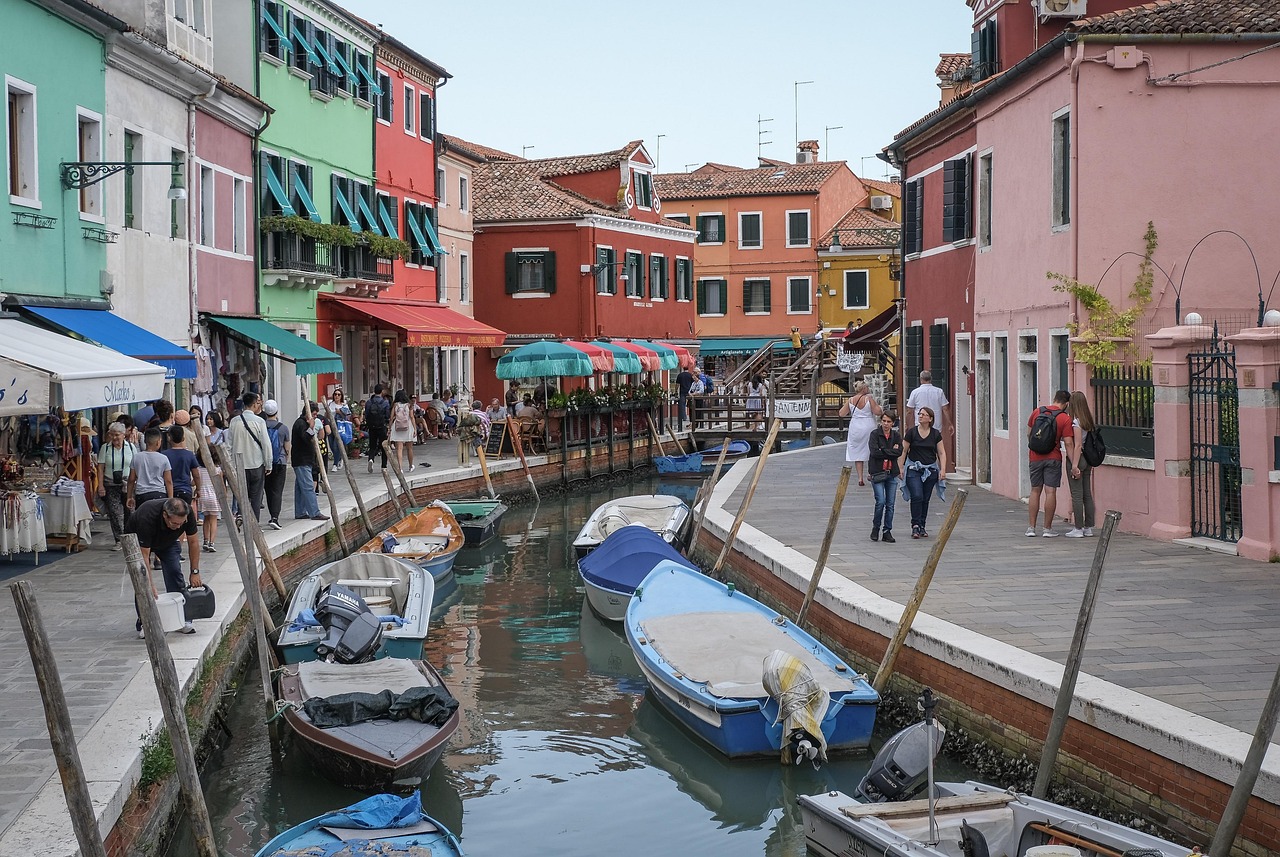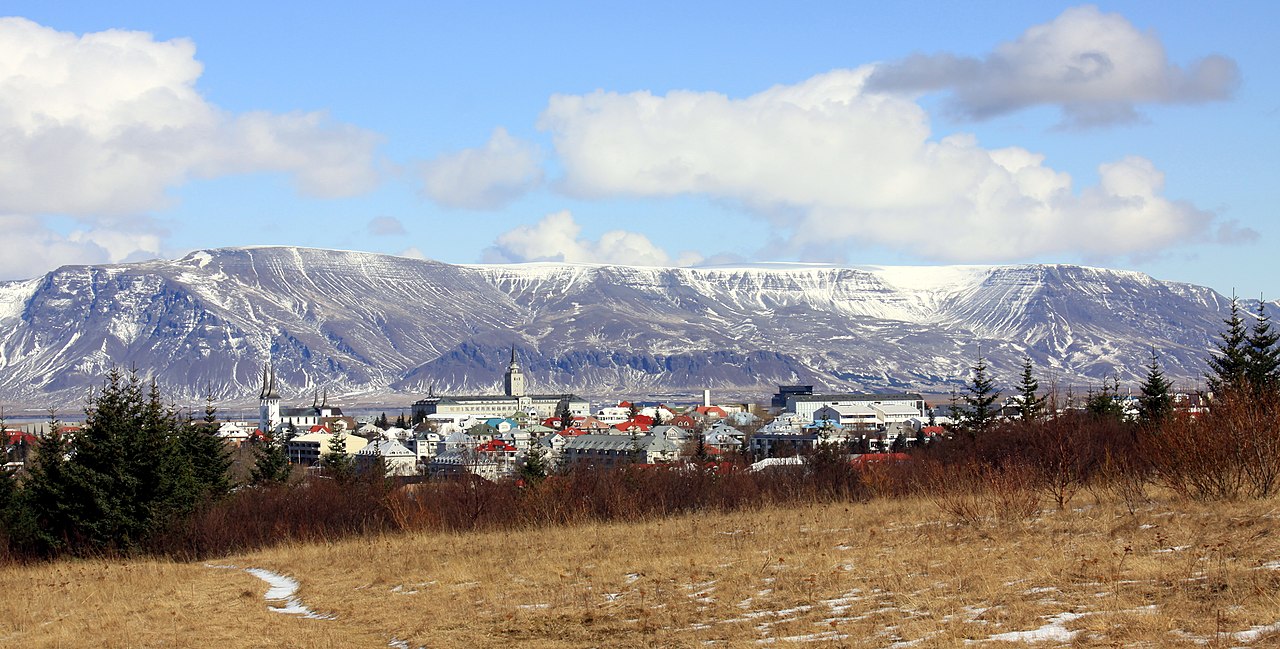Mass tourism is colliding with daily life, and some governments are quietly redirecting money to residents. The aim is not to shut the door but to set fair terms. Cash moves through tax rebates, housing support, and community funds that fix the very places everyone wants to see. Crowded blocks get breathing room, small towns gain toilets and buses, and families keep leases that outlast peak season. What emerges is a grounded visitor economy where locals are funded, not sidelined.
Spain Channels Money To Long Term Housing

Spain is steering owners toward year long leases with income tax rebates that grow in areas under stress. Cities are removing illegal tourist listings and tightening oversight so apartments do not vanish into short stays. The policy mix channels earnings back into real neighborhoods, where schools, markets, clinics, and commutes set priorities. Tourism remains strong, but rent pressure eases and residents see a financial reason to stay rooted through the year.
Portugal Pays Owners To Exit Short Stays

Portugal pays owners to leave short stay platforms and sign multi year leases under the Mais Habitacao plan. Tax breaks and deadlines reward those who convert quickly, especially in Lisbon and Porto where holiday demand once ruled. The shift replaces nightly volatility with steady tenancy that supports corner shops, cleaners, schools, and transport. Locals regain bargaining power, vacancy rates improve, and city cores feel lived in after the last suitcase rolls out.
Italy Uses Taxes And Subsidized Rents

Italy is phasing out favorable tax treatment for brief holiday lets and lifting the flat rate on rental income. Venice adds resident housing, restoring public apartments and prioritizing young families who keep the center working. Tighter rules curb speculation that treats homes as hotel stock and crowds canals beyond comfort. With more units returning to year long leases, streets stay residential, service wages stretch further, and tempers cool in busy months.
Japan Earmarks Tourism Revenue For Locals

Kyoto directs lodging tax revenue to transport, sanitation, and heritage care that residents use every day. Crowded sites test differential pricing so visitors shoulder more of the bill while locals pay less and move freely. The money keeps buses frequent, alleys clean, and wooden districts maintained without asking neighbors to donate time and cash. Tourism keeps its magic, but daily life does not pay the hidden surcharge when peak mornings stack tour groups.
Iceland Funds Communities And Private Land

Iceland funds towns and private landowners to build boardwalks, parking, and safety measures at fragile sites. Grants from visitor taxes send real cash to people who host the rush, then face winter alone once vans leave. Projects spread traffic and protect moss, cliffs, and waterfalls that cannot heal on their own after repeated seasons. When paths hold and facilities work, locals see tangible returns, and tempers soften even in peak season along ring roads.
New Zealand Sends Grants To Small Towns

New Zealand channels grants into toilets, car parks, and trailheads in small communities that carry big seasons. Visitor levies help iconic places absorb pressure without passing every cost to residents already stretched by rents. Infrastructure funding unlocks pride as much as pavement, turning maintenance into a visible promise to towns that host. When buses, bins, and boardwalks arrive on time, welcome lasts longer than the weather and volunteer hours shrink.
Netherlands Limits Rentals And Backs Enforcement

Amsterdam caps home sharing nights and backs enforcement so housing stays for people who live there year round. Data tools route resident reports to inspectors who can act quickly on nuisance addresses before problems spread. Fewer tourist flats mean steadier rental supply and quieter stairwells in dense blocks near canals and tram lines. The financial signal is clear, and complaints fall as building life returns to normal rhythms set by work and school.


